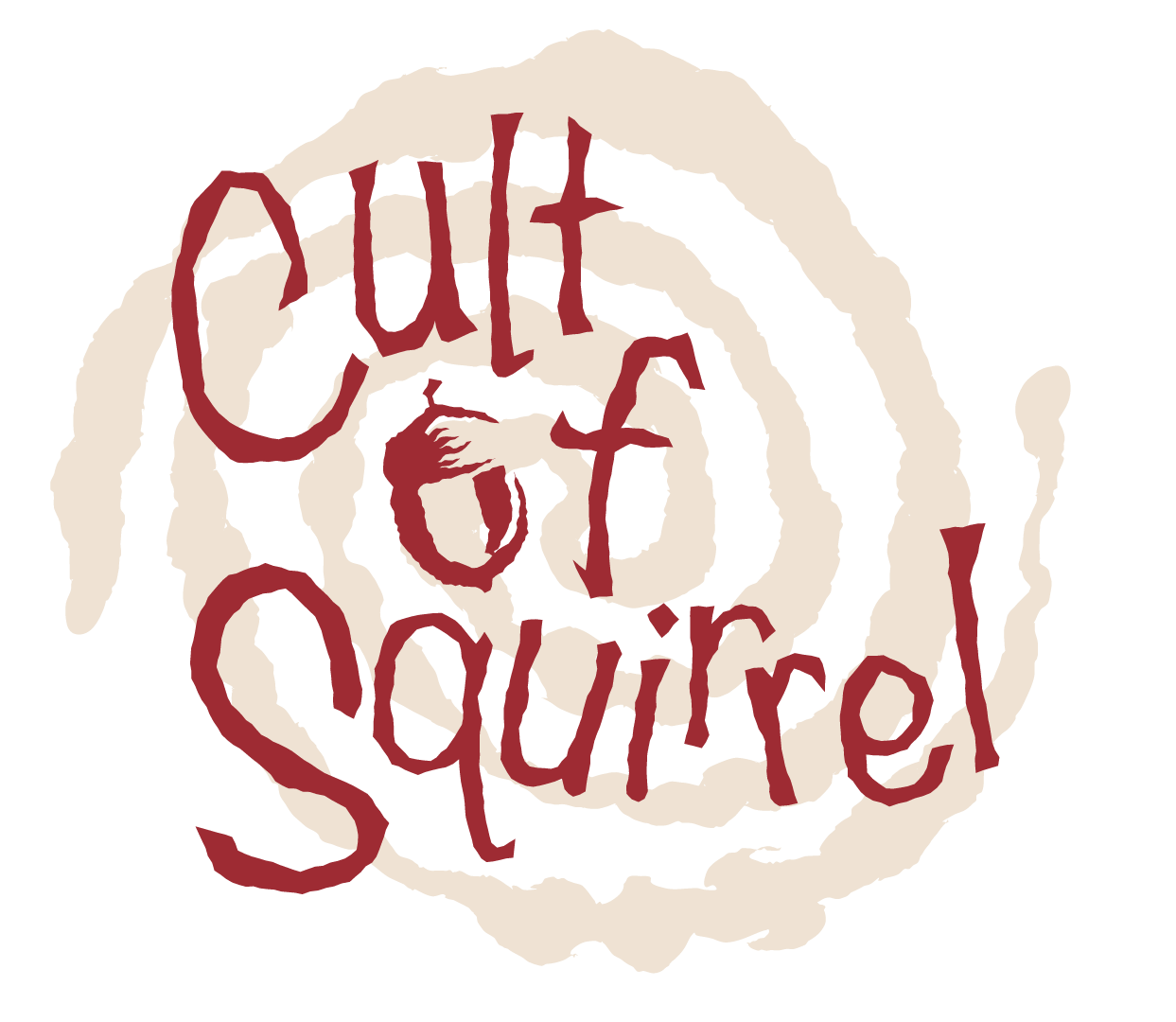

In a nutshell...
With food prices at a 10 year high, we need to start talking about food, its impact on the planet and how we can start to tackle this problem.
Why think about food?
With food prices rising globally we need to start thinking about how we grow food, consume and waste food. We all know that food is important, we need food to live after all, but not many of us think about the impact of our diets and how that affects the planet. However, the food we eat has a high climate impact and global food prices have been rising, plunging many people into food insecurity. Without action these issues will get worse and we will see rising political instability and conflict.

The rising price of food
How much has the cost of food risen? As you can see in the below graph from the FAO (The Food and Agricultural Organisation of the UN), real food prices, that is the price of food when adjust for inflation, dropped from a high in the mid 70s to a low point in the 90s. Since the start of the new century food prices have been largely rising, with significant peaks in 2007, 2011 and 2021.
The 2007-8 food crisis caused significant instability around the world, whilst one of the sparks that lit the Arab Spring in 2011 was the inability of governments to subsidize the price of food due to rising global prices. The political instability then exacerbated the problem, as conflict diverted resources away from growing food and disrupted access to markets for producers. But what has caused the price of food to rise so dramatically since 2000?
The cause of rising food prices
There was a peak in food prices in the 70s caused by a dramatic rise in oil prices caused by a deliberate cut in production by Arab countries, with the aim of putting pressure on the US and western Europe over Israel. The current price rise is also impacted by rising oil prices, however, it is more complex than that and has multiple interlinked factors. Here are the major causes of rising prices:
- The Price of Oil: The current high cost of oil is a factor in the price of food right now. Food often travels long distances, and the cost of transporting food has risen a lot recently. In countries that use gas and oil to generate large amounts of heat and electricity you can see added costs to refrigeration too.
- Climate Change: this is the one people are often the most aware of. The impact of climate change sees more droughts in summer, more intense rainfall and flooding, changes in growing seasons and desertification. This is highly disruptive to farming and is leading to more crop failures and poor yields. A need to change what a farmer grows in response to climate change requires significant upfront investment in purchasing seeds and equipment and in training on how to work with the new crop.
- Dietary Changes: in many middle income countries, rising incomes have been accompanied by a change in diet to follow a more western style, higher in meat and dairy. A diet rich in meat and dairy is more resource intensive and expensive to produce but has more economic value than diets rich in fruit, vegetables and grains. It also carries a much higher impact on the climate.
- Use of Biofuels: land that was used for growing food has been converted to land producing biofuels. Biofuels have been promoted by many high income countries to lower their climate emissions. It's a good reminder that picking a solution to one problem (climate change emissions) can cause another problem (increased food prices and increased global political instability) so we need to always think carefully about change.
- Urban Sprawl: land that was once productive agricultural land is being converted into housing. This is forcing farmers to move to new, often less productive, land to produce food.
- Rising populations: Increasing populations does mean that there are more mouths to feed but it is not the issue that people think it is. All of the above issues are more of a concern and impact. We currently produce enough food and used enough land to feed a global population of 10 billion people decently. In fact, we could feed a greater population than that if less food was wasted and if high income nations cut their meat consumption.
The environmental impact of food
Not only is our food getting more expensive, but it's having a greater and greater impact on our planet. Food, from the way we grow to what we eat has a huge environmental impact on the planet. In fact food systems account for one third of our entire greenhouse gas emissions. That's right one third. What causes all these emissions? Well, deforestation to provide cattle grazing is one, the 'emissions' that cows and other animals give off (yes it's actually an issue!), the way we till the soil is another, transportation of food, food waste... it's a long long list, much longer than that I've given you. So, any efforts to reach net zero emissions by 2050 will need to take this into account and look at how we can lower the impact of food systems on the planet. I will no doubt be writing a blog post on this shrotly.
The social impact of food
Of course, many of us are really feeling the impact of the change in the climate, with the water shortages, the heat waves, and the poor quality air due to increasing forest fires, but the rising cost of food has major social impacts too. With so people finding their incomes tighter, and many resorting to food banks, we need to ensure that the poorest in our societies are not left food insecure due to rising prices. People need to be able to afford a nutritious and healthy diet. And it is not just food consumption that is an issue, think about the migrant farm workers or the working condition on farmers in low income countries that produce foods for high income countries. These are issues that also need addressing. By tackling the issues with the price of food we need to also tackle the social and the environmental issues. Again, I see another blog post forming here....
What can we do right now?
As individuals there is always a limit to the level of impact we can have, as a collective our impact is much stronger. We need systems change, but, on food, we can all act right now, as individuals, to start lowering our personal impact. Here is what you can do now:
- Waste Less Food. Food waste carries all the environmental and social impacts of the food we do eat, yet goes into the trash. Globally somewhere between 25-30% of all food produced is lost or wasted. Taking steps to lower our own personal food waste is a good first step.
- Eat Less Meat and dairy. Meat and dairy, especially beef, carries a high environmental impact, lowering your meat intake benefits the planet. But let's face it, many people eat too much meat for their health, so cutting back on meat can benefit you too
- Grow Your Own. We don't all have a place to grow food, but those of us that can should! Growing your own gives you fresh food and is a great way to relax and get some light exercise (ok heavy exercise when you are digging!). It won't stop you buying food but the more people growing some of their own food the greater the impact.
- Buy Local & Seasonal. In the age of globalisation we can usually go the supermarket and buy the same things all year round, but we should try and buy local seasonal produce when we can as this will usually carry a lower impact on the planet.
Next Steps...
Over the next few months, as part of Reimagining York and The Avenues, I will be looking at further issues in our food system and start suggesting ways that we can as a collective introduce greater and more impactful changes to the food systems to help lower the climate and social impacts of what we eat. I hope that you will enjoy reading them. In the meantime, start by having a look at these:





